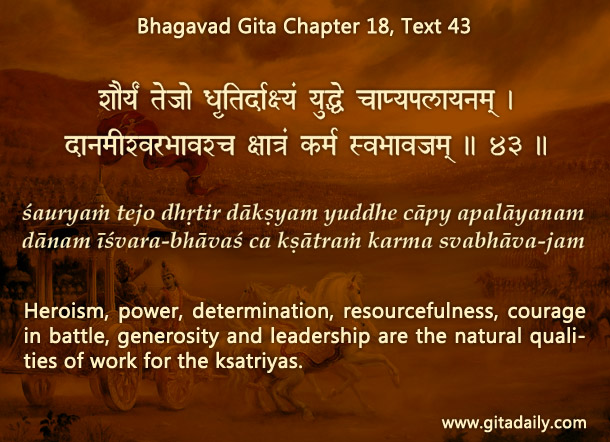War often has terrible consequences. Seeing these consequences, some people deem war itself evil. Such pronouncements can help if they counter the unhealthy glamorization of violence often found in much human culture.
However, if war is seen as an evil to be avoided at all costs, that may cost too much. Why? Because sometimes war may be the only way to prevent greater evil. What greater evil? Plunder, destruction and genocide by vicious aggressors. If such aggressors are ruthless, the only way to stop them is confrontation to neutralize them or at least neutralize their capacity to attack. Even if confronting them takes a terrible toll, it is the lesser evil among the available options.
To understand this principle of lesser evil, let’s compare war to surgery. Surgical amputation of a bodily limb is never pleasant, but it may be preferable to the alternative: letting the disease spread from that limb to the remaining body. Losing a limb is terrible; losing the whole body is fatal. Just as surgeons carefully choose amputation as the lesser of two evils, so too do responsible leaders — as did the Pandavas when fighting the Kurukshetra war.
Therefore, rather than rejecting war as an unacceptable evil, society’s leaders need to dispassionately analyze threats and determine what will best curb evil: fighting or not fighting. Pertinently, the Bhagavad-gita (18.43) declares that the martial guardians of society need to be both resourceful and fearless. Resourceful in this context means that when facing invaders, they retain access to a broad gamut of resources ranging from negotiation to confrontation. And fearless in this context means that they don’t flinch while choosing confrontation whenever necessary.
By thus contemplating the costs of both confronting and not confronting, evil can be minimized.
One-sentence summary:
If society’s leaders denounce war as an unacceptable evil, they make society vulnerable to a far greater evil.
Think it over:
- When can deeming war evil help?
- When can denouncing war harm?
- When facing aggressors, how can society’s leaders choose carefully?
***
18.43: Heroism, power, determination, resourcefulness, courage in battle, generosity and leadership are the natural qualities of work for the kshatriyas.
To know more about this verse, please click on the image
Explanation of article:
Podcast:


War emerges from man’s mind.